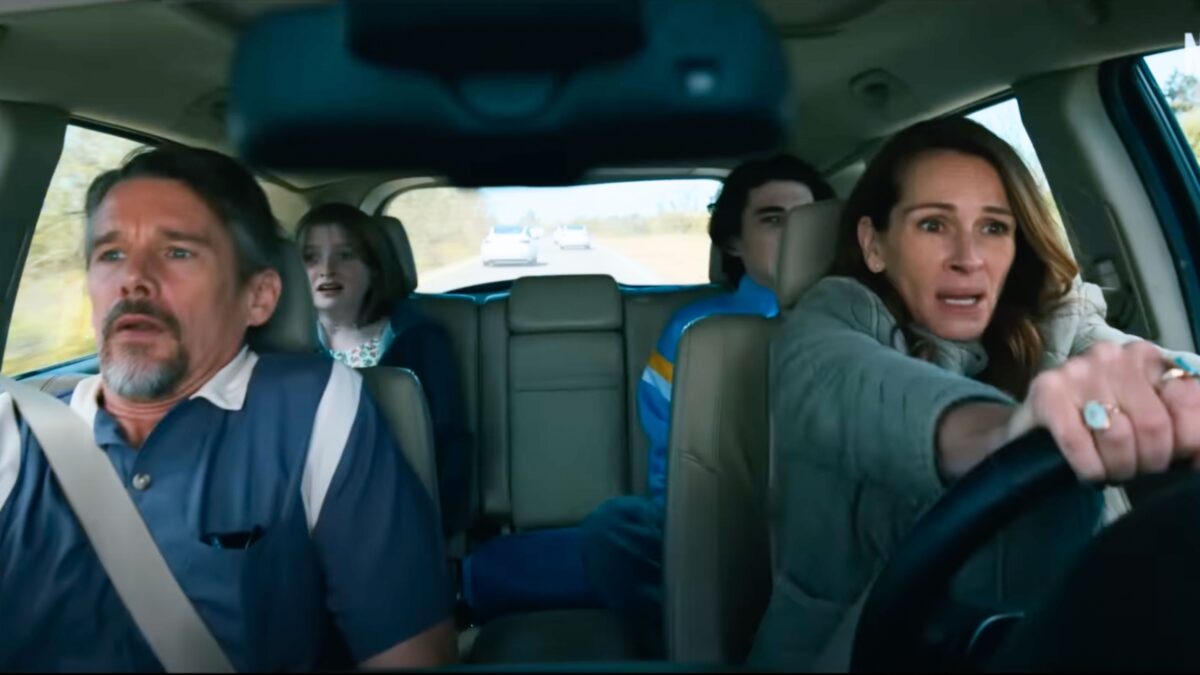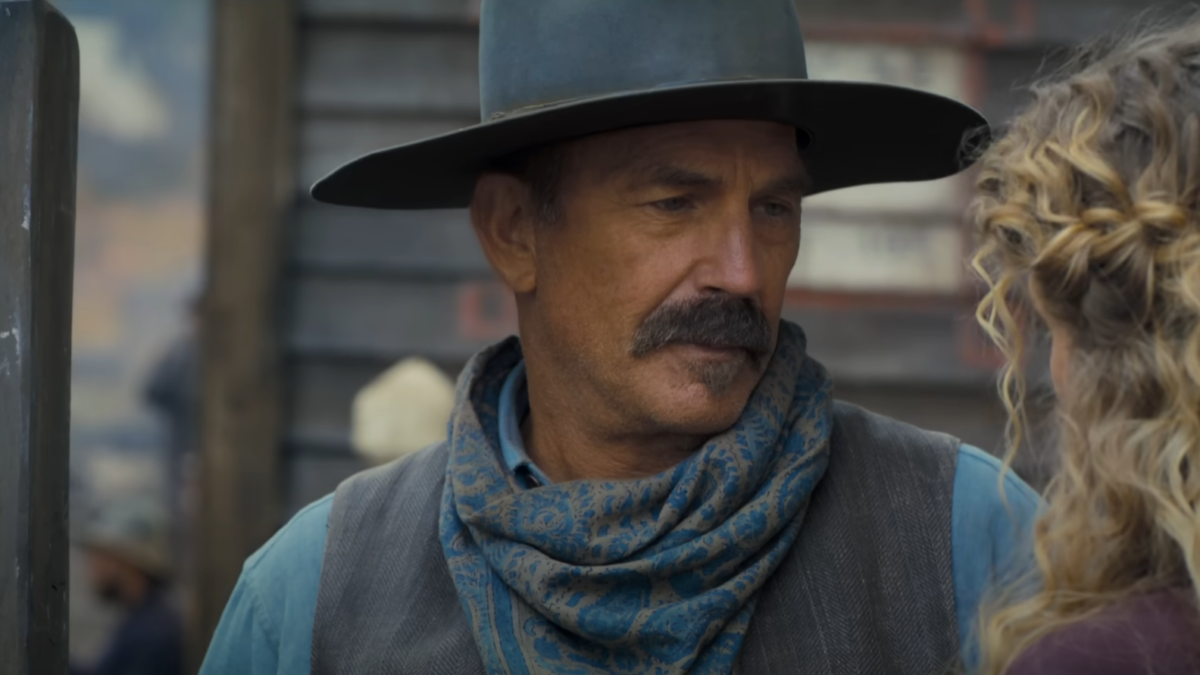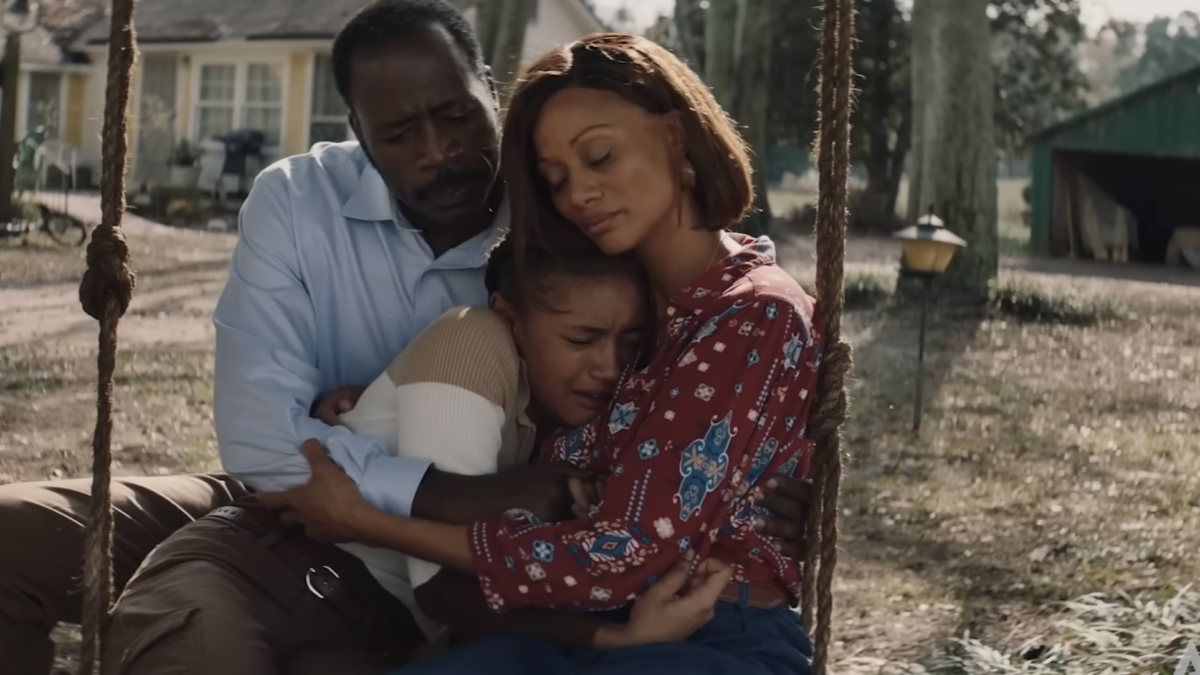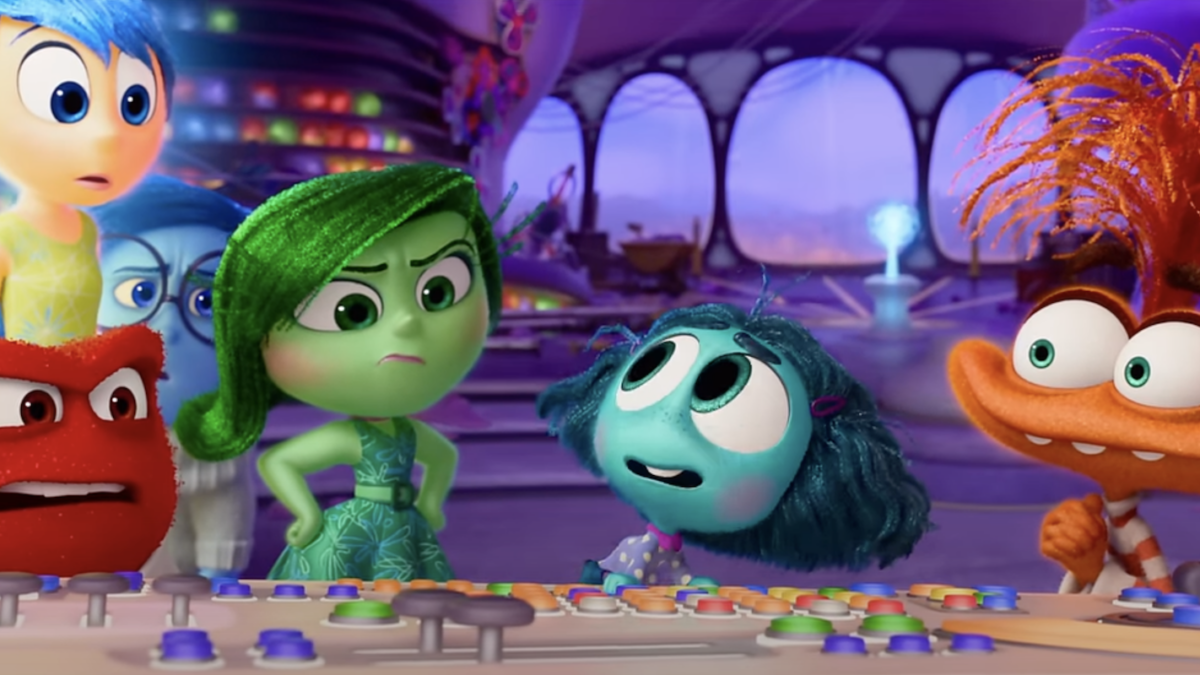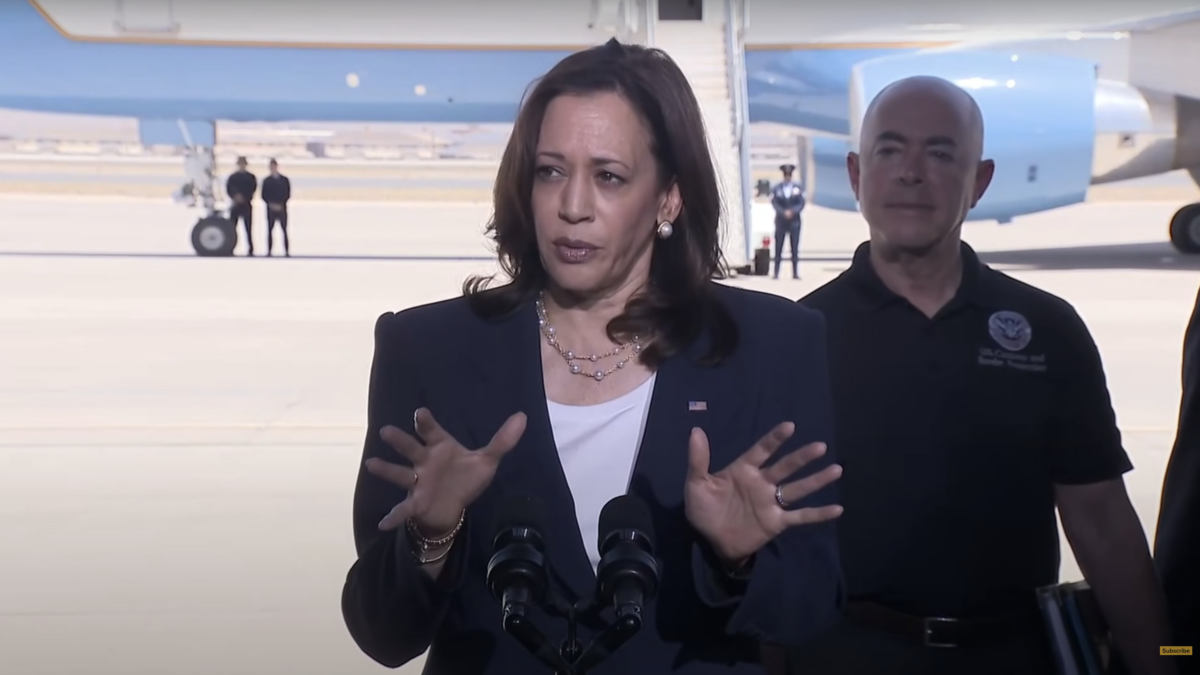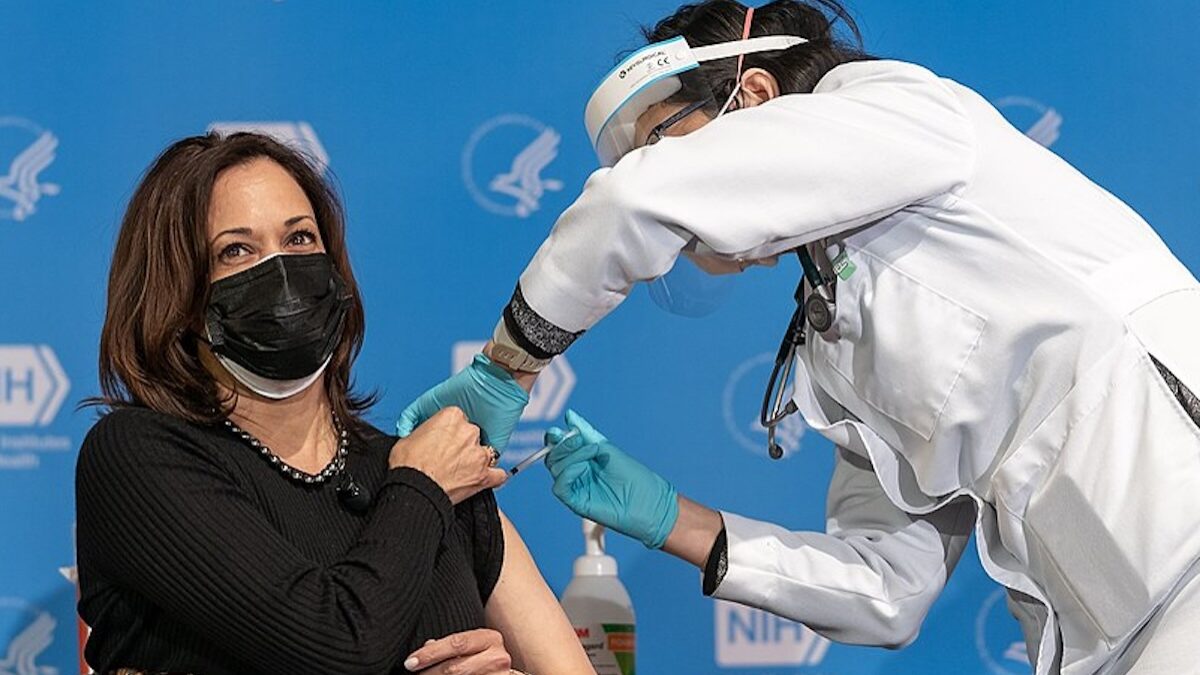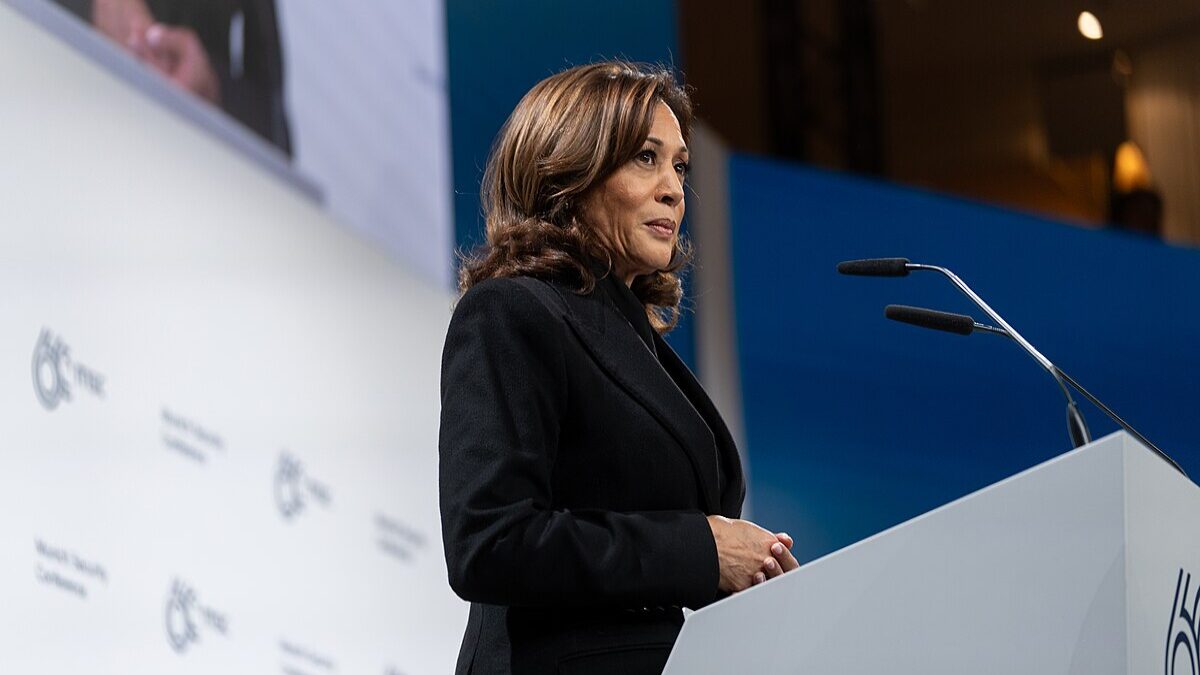Warning: Spoilers ahead.
Netflix’s Michelle and Barack Obama-produced movie “Leave the World Behind,” which is currently the most-watched film on the platform, is fomenting a lot of fear on the internet. The dystopian movie chronicles the Sanford family’s fight for survival in the wake of a cyberattack. The middle-aged mother, Amanda, father, Clay, and their 16-year-old son, Archie, and 13-year-old daughter, Rose, live in New York City but happen to be on a spontaneous holiday in Long Island for most of the film.
Throughout the film, the family encounters one horror after another as the fabric of the nation collapses around them. Viewers are in constant dread while watching the inept, urbanite family struggle to cope with each escalating disaster.
The Sanfords lose internet and power, and they witness an oil tanker grounds ashore before their eyes, planes falling out of the sky, drones dropping “Death to America” pamphlets, Tesla vehicles self-crashing into one another in a coordinated effort to block roadways, and bombs dropping on New York City.
Many commentators, like “Great Reset” whistleblower Eva Vlaardingerbroek, believe the film is an exercise in “predictive programming.” What Vlaardingerbroek means by “predictive programming” is that certain movies, books, or government reports intentionally convey messages intended to prepare or “program” the public for future events.
In other words, “Leave the World Behind” is a sick way for the elites in the tech and finance world to prime the public for an imminent cyberattack that they just so happen to benefit from.
One of the best examples people point to of predictive programming is the lead-up to Covid. In 2019, the Johns Hopkins Center for Health Security, the World Economic Forum (WEF), and the Bill & Melinda Gates Foundation collaborated to create a “pandemic tabletop exercise” called Event 201.
Event 201 predicted “a new coronavirus” and stressed that to prepare for this future pandemic threat, “Governments will need to partner with traditional and social media companies to research and develop nimble approaches to countering misinformation.”
A few months later, Covid hysteria hit the headlines, and the U.S. federal government, and international organizations like the United Nations, colluded with tech companies to control the narrative around the pandemic. Three years later, government-directed tech censorship continues.
Likewise, in 2020, The World Economic Forum hosted a cyberattack simulation on the global financial system. That same year, the WEF and Carnegie Endowment for International Peace released a report warning that the global financial system is vulnerable to “cyber threats.”
Like with Event 201, the WEF-Carnegie report proposes that, in the event of a cyberattack, “social media companies should swiftly amplify communications by central banks” so that central banks may “debunk fake information and calm the markets.”
Furthermore, the report calls for the convergence of intelligence agencies and banks. We saw a taste of this after Jan. 6, 2021, when Bank of America (a member of the WEF-Carnegie Cyber Policy Initiative) shared private information with U.S. law enforcement agencies to go after the protesters.
Ultimately, the solution proposed in the report, as well as in other initiatives by WEF-Carnegie, is to merge corporate banks, financial regulators, Big Tech, and the national-security state.
The report concludes by stating, “One thing is clear: it is not a question of if a major incident will happen, but when.”
I write none of this to suggest that the WEF or the Obamas are using this film for “predictive programming” purposes, much less preparing to stage an imminent cyberattack. (In fact, “Leave The World Behind” is based on a book of the same name, and I assume that the author is simply manifesting conventional liberal fears for fictional purposes and hardly seems engaged in propaganda efforts.)
Still, the fact that dread-inducing events in “Leave The World Behind” loom so large in the id of liberal elites such as the Obamas suggests that fear and distrust of ordinary people is what’s driving the more draconian attempts at censorship and otherwise limiting our freedoms. This fear arises out of a belief that only strong governments and global authorities can properly respond to an imminent global crisis and the corresponding idea that encouraging resilience, autonomy, and preparedness among the citizenry is an impediment to saving the world.
It wasn’t Covid, which is comparable to a common cold for most people, that accelerated the digital transformation of the financial sector and opened collusion between the government and Big Tech companies. Collective fear let that happen. This is why it’s important to never relinquish essential liberties no matter what “crisis” we are presented with, whether that be another pandemic, a climate emergency, or a cyberattack.
“Leave the World Behind” is also a reminder to fortify your family. The Sanfords are dysfunctional. One of the first scenes of the film is the family on their drive to Long Island, where each member is consumed by their phones or fiddling with the radio. The distraction-filled car ride is symbolic of the family’s disunity, which manifests in more serious ways later in the movie.
Both parents, at one point, flirt with the idea of cheating on one another. Gender roles are flipped on their heads as the mother, Amanda, is the only one capable of taking action during the crisis. Meanwhile, the father, Clay, who was probably a model male feminist before the cyberattack, is completely useless throughout the movie.
He’s incapable of leading his family, ignoring all the early signs that something is amiss. He doesn’t own a weapon and wouldn’t know how to use one even if he did, and he leaves his wife and children with strangers despite obvious indications that they are in danger.
At the same time, the son Archie, who we learn has a porn addiction, is extremely callous toward his sister, Rose. At one point, a frightened Rose expresses to her brother that she desperately wants to know how the TV show “Friends” ends because it would give her comfort while she’s feeling scared and hopeless. For no reason other than pure cruelty, Archie responds that she’ll likely never be able to see the finale.
Rose genuinely does derive more happiness and human connection from the show “Friends” than her own family, and as depressing as it is, I can understand why. The Sanfords aren’t united. In the wake of the disaster, they have no faith to ground them nor love for one another to connect and motivate them. Without their amenities, devices, and distractions, they are lost. In a real cyberattack, the Sanford family would never survive, but they weren’t really living before the disaster anyway.
In these uniquely uncertain times, it’s fair to assume that we’ll all face hardships outside of our control. That’s the point of “Leave the World Behind” — to make us feel afraid and helpless. But we actually do have control over a few key things. We don’t have to be like the Sanfords. We can cultivate a loving, cohesive family by spending time with one another, being patient with one another, and recognizing the value each member brings to the family. We also don’t need to surrender to the fear porn, especially if we have faith in Christ and know that this world is not our final destination.
